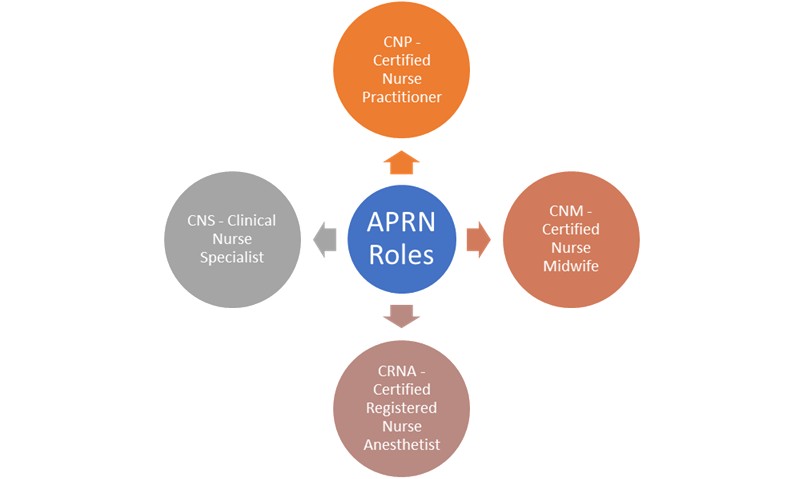
The Roles and Responsibilities of Advanced Practice Registered Nurses (APRNs)
The healthcare sector is significantly changing. This is reflected in the increasing use of information and communication technology (ICT) due to modernization. Further, there is an increase in using evidence-based practice (EBP), informed by research. Therefore, healthcare professionals are required to provide adequate services according to their areas of expertise while meeting the patients’ needs and preferences.
Advanced Practice Registered Nurses (APRNs) roles and responsibilities cannot be quantified due to the extensive role they play in the current and vast healthcare field. APRNs comprise specialists in clinical nursing, anesthetists, midwives, and nursing practitioners at the healthcare forefront to offer preventative services to individuals and the community. They are also responsible for diagnosis and developing effective treatment services according to one’s needs. APRNs further provide advice to the public on various healthcare issues, including the management of chronic conditions. Another core role is to offer awareness programs to patients and the community regarding healthcare issues and their management.
Four core specialty responsibilities of APRNs include;
i. Offering primary, specialty, and acute services through assessing, diagnosing, and managing injuries and illnesses.
ii. The roles of the certified midwives are to provide gynecological, primary, and reproductive services.
iii. Diagnosis and developing a management plan for patients and engaging the individual’s social environment to enlighten them about the care services.
iv. Research and introduce change in the healthcare facility according to the EBPs to promote patient outcome.



